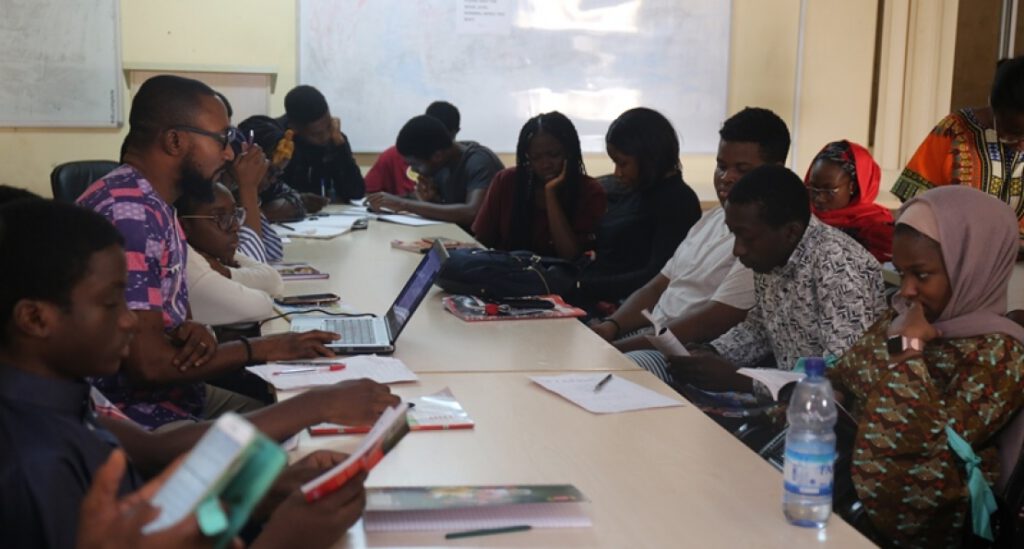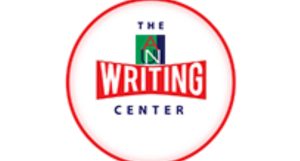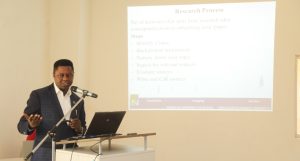Skills are the abilities to perform given tasks as required. They are either innate or learned.
In the guest series to bridge the gap between high school and college expectations, AUN 101 students, on October 4, 2019, participated in a comprehensive, two-part workshop to learn more about effective study habits, and the available academic resources whose use or neglect can influence student routines, academic performance, and general well-being. The facilitators from the Writing Center were Ms. Emilienne Akpan and Ms. Ogechi Dan-Okereke.
As a student progresses from one educational level to another, studying is a skill that should be developed to meet the academic requirements for each new stage. Therefore, at the higher levels, academic excellence will also depend on the ownership of a realistic study guide which reflects learning styles, reading targets, learning outcomes and personal goals.
To be successful in college requires knowing what kind of learner that one is, developing efficient study skills and knowing how to effectively access available learning resources.
No two students can have the same study habits, and that is why First-Year Experience (AUN 101) is critical to students’ success; it exposes students to valuable information and healthy strategies critical for college success.
During the interactive presentation, students were guided through the meaning of study skills, the kinds there are and also tips for understanding materials with ease. Good skills include reading, note-making, time management, self-discipline, concentration, memorization, organization, and effort. All these contribute to making a student study, not harder, but smarter, in preparation for class instruction, active engagements, and any type of formal or informal assessments.
The importance of goal setting and making routines was extensively explored, and students were advised not to overburden themselves with many goals, as this could be counter-productive – goal setting should be realistic. Also, as all worthy tasks require planning, before studying, students were reminded to carefully choose the location to minimize distractions and discomfort. The Cornell method of taking notes in class was highlighted as a tested technique for focused and stimulating learning. The importance of rest, adequate sleep and good eating habits were equally emphasized to prevent brain fatigue or breakdowns.
The second part of the presentation was an exposé of the different learning resources at AUN and their pivotal roles in helping students maximize their potentials. These include The First-Year Experience facilitators, Writing Center, Math Center, Academic Advising and Retention, Faculty and Academic Advisors, Honor Society, and the Library staff.
By Ogechi Dan-Okereke, The Writing Center



